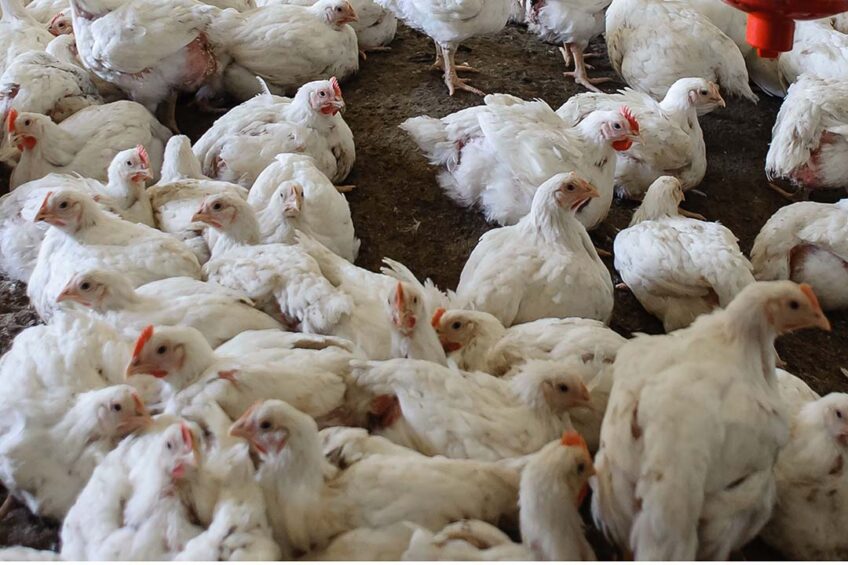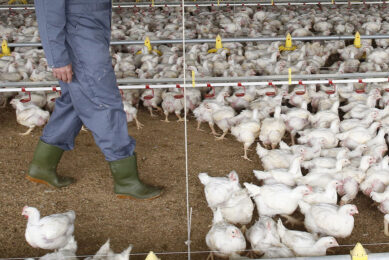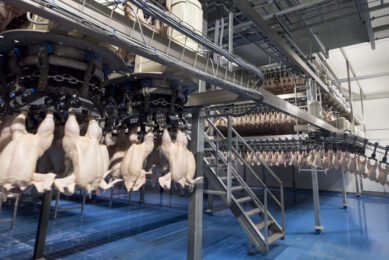Israel poultry industry hit by war and labour shortage

The repercussions of the Israel military operations in the Gaza Strip coupled with the fallout of the Newcastle disease outbreaks have put the poultry industry on the brink of a crisis, a local publication, theMarker reported, citing market players.
Retailers have recently been alarmed over a double-digit hike in wholesale poultry prices. The changes are yet to be reflected on the price tags in the groceries, but will be soon, the publication said.
During the fourth quarter of 2023, Israel lost 16 million heads of poultry in a series of Newcastle disease outbreaks. The epidemic spread to poultry farms across the country, hurting the supply chain in the industry badly.
Big slaughterhouses affected
A labour shortage stemming from the ongoing operation of the Israeli military forces in the Gaza Strip adds pressure on the sector. For example, Kiryat Shmona, home to the Of HaGalil slaughterhouse, and Sha’ar HaNegev, housing a similar Of Oz slaughterhouse, have suffered a workforce deficit following the evacuation of the nearby settlements for security reasons.
HaGalil facility slaughters around 15% of chicken in Israel, while Of Oz slaughterhouse handles around 5% of the total number, theMarker claimed, citing the sources in the industry.
This factor has driven other slaughterhouses to expand operations to fill the gaps in the market. Some poultry houses in the northern and southern regions have been shut down due to the war, while others suffer from a labour shortage, as since the outbreaks of hostilities on the border, many foreign workers have left Israel.
To make up for the shortage, some slaughterhouses have moved to a 6-day work week. However, industry officials estimate that until the security situation improves and the epidemic continues to spread, things will only get worse.
Bearing the costs
In this background, some Israeli retailers have taken steps to constrain inflation at all costs. “There is a combination of an epidemic here with the closure of poultry farms and slaughterhouses in the north and south. At the moment, we are not making a profit from the sale of chicken, fully bearing the rise in costs,” an unnamed spokesperson for a retail company told the publication.
Chicken is considered a price-sensitive product, so retailers refrain from raising prices to avoid losing customers. “This [a price hike] happens from time to time,” the spokesperson added. “Usually, it lasts a month and a half, and everything gets back to the way it was. But now war has an impact, and nobody knows what will happen next.”
 Beheer
Beheer











 WP Admin
WP Admin  Bewerk bericht
Bewerk bericht